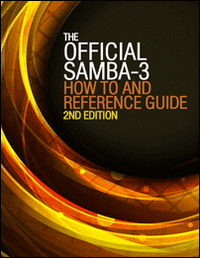CentOS System Administration Essentials
Readers would be pleased to know that I have teamed up with Packt Publishing to giveaway few copies of their brand new book – CentOS System Administration Essentials.Overview:
- Centralize user accounts in openLDAP and understand how Directory can be at the back-end of many services
- Learning Puppet to centralize server configuration will free up your time as configuration is handled just once on the configuration server
- A step-by-step guide that covers the very popular Linux Distribution CentOS 6.5 with easy-to-follow instructions.
And 5 lucky winners stand a chance to win digital copies of this book. Keep reading to find out how you can be one of the Lucky Winners.
How to Enter and Win?
All you need to do is head on to this book page and look through the product description of the book.Drop a line via the comments below this post to let us know what interests you most about this book. It's that simple!!!
5 Winners will get an e-copy of the Book.
We will select 5 winners by generating random numbers based on total number of comments. Don't comment twice or more, you can't win if we detect more than one comment from your side (We have tools to encounter such situation ;) so be fair).
Deadline:
The contest will close on (February. 27th, 2015 - (UTC) Time 10:59 PM). Winners will be contacted by email, so be sure to use your real email address when you comment as guest or use your disqus account! So hurry up and make the most of this exciting opportunity.Note: Carefully read How to Enter and Win?
------ Contest Closed, No More Comments ------
Winners Selected
Congratulations to: Okba, msagovac, Mark Hamilton, Rick Wilson, & Random Explosions
Sorry guys who couldn't win this contest, maybe next time.








